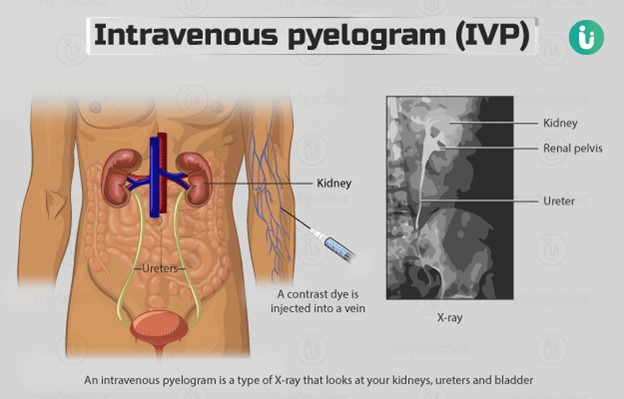A nurse in the ambulatory care unit is caring for a client after cataract extraction. The client suddenly complains of severe pain in the affected eye unrelieved by pain medications. Which of the following actions should the nurse take first?
Tell the client that this is to be expected after surgery.
Place the client in a supine position.
Document the findings.
Notify the surgeon.
The Correct Answer is D
Choice A Reason: Telling the client that this is to be expected after surgery is not the first action that the nurse should take, as it may indicate a complication such as increased intraocular pressure, hemorrhage, or infection.
Choice B Reason: Placing the client in a supine position is not the first action that the nurse should take, as it may worsen the pain and increase intraocular pressure.
Choice C Reason: Documenting the findings is not the first action that the nurse should take, as it may delay the intervention and outcome.
Choice D Reason: Notifying the surgeon is the first action that the nurse should take, as it indicates that the client needs immediate evaluation and treatment to prevent vision loss or permanent damage to the eye.
Nursing Test Bank
Naxlex Comprehensive Predictor Exams
Related Questions
Correct Answer is A
Explanation
Choice A Reason: Following a high-fiber diet to establish bowel regularity is an appropriate instruction for a client who has hemorrhoids, as it helps to soften stools and reduce straining and pressure on hemorrhoids.
Choice B Reason: Using a stimulant laxative to prevent constipation is not an appropriate instruction for a client who has hemorrhoids, as it may cause diarrhea, dehydration, or electrolyte imbalance.
Choice C Reason: Cleaning the anal area after bowel movements with alcohol-based wipes is not an appropriate instruction for a client who has hemorrhoids, as it may irritate, dry, or damage hemorrhoidal tissue.
Choice D Reason: Limiting the intake of fruit to prevent loose stools is not an appropriate instruction for a client who has hemorrhoids, as fruit is a good source of fiber and fluid that can help prevent constipation and hemorrhoids.
Correct Answer is B
Explanation
Choice A Reason: The procedure will not be cancelled if the urinalysis indicates the presence of red blood cells, but it may indicate a urinary tract infection or kidney damage that needs further evaluation.
Choice B Reason: After the procedure, you will be encouraged to drink plenty of fluids, as this helps to flush out the contrast dye that was injected into your vein and prevent dehydration and kidney damage.
Choice C Reason: High frequency sound waves will not be used to identify renal system structures, but this is the principle of ultrasound imaging, which is a different diagnostic test.
Choice D Reason: You will not need to remain flat in bed for 4 hours following this procedure, but you may need to rest for a short period of time and avoid strenuous activities for the rest of the day.

Whether you are a student looking to ace your exams or a practicing nurse seeking to enhance your expertise , our nursing education contents will empower you with the confidence and competence to make a difference in the lives of patients and become a respected leader in the healthcare field.
Visit Naxlex, invest in your future and unlock endless possibilities with our unparalleled nursing education contents today
Report Wrong Answer on the Current Question
Do you disagree with the answer? If yes, what is your expected answer? Explain.
Kindly be descriptive with the issue you are facing.
